OUR 2022 SUNSCREEN DISPENSER PILOT HAS BEEN LAUNCHED!
Save Your Skin Foundation partnered with medical student siblings Samuel and Karen Farag, and the municipalities of Summerside, PEI, Riverview, NB, New Westminster, BC, and Brooks, AB – as well as BC Cancer – to launch 10 dispensers in early August 2022.
The dispensers are automatic and touchless, and provide free, Health Canada approved SPF 30 sunscreen for anyone who needs it. The sunscreen is zinc oxide based, free from chemical sunscreen filters, common allergens and toxic ingredients including oxybenzone, avobenzone, retinyl palminate, PEG, parfume, and sodium lauryl sulphate. See image below for more details.
Here are the locations of the dispensers as of August, 2022:
New Westminster, BC
- Moody Outdoor Pool
- Hume Outdoor Pool
- Grimston Park Wading Pool
- City Parks Works Yard to support City staff working in the outdoors
Summerside, PEI
- Summerside Turf Field
- Leger Park
- Summerside Boardwalk
- One mobile dispenser to be used for festivals and public events
Riverview, NB
- Behind the gazebo on the Riverfront Trail
Brooks, AB
- Duke of Sutherland Park and Splash Pad
Applying sunscreen is part of an overall sun-safe way to enjoy the outdoors. First, limit your time in the direct sunlight, especially between 11 a.m. and 3 p.m., seek shade, cover up by wearing long sleeves and pants and a wide-brimmed hat. Use sunscreen, specifically one labelled broad-spectrum, SPF 30, protect the lips with lip sunscreen or zinc oxide. Apply 20 minutes before sun exposure, and reapply every two hours or after swimming.
Affixed to the Dispensers is a list of the sunscreen ingredients and reference to Health Canada’s approval of the sunscreen, as well as a disclaimer with respect to the use of the Dispenser or the sunscreen contained therein:
THE SUNSCREEN IS BEING USED AT YOUR OWN RISK. None of Save Your Skin Foundation, (participating cities), nor anyone else connected to these organizations, makes any assurances, representations, guarantees or warranties with respect to the use or effectiveness of the sunscreen or dispenser, and any and all use of the sunscreen or dispenser is done at your own risk. By using the sunscreen or the dispenser, you acknowledge and agree that none of Save Your Skin Foundation, (participating cities and organizations to be listed) nor anyone else connected to these organizations are responsible for the results or consequences from any use of the sunscreen or dispenser.
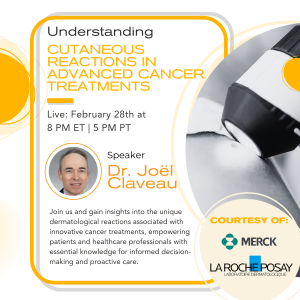




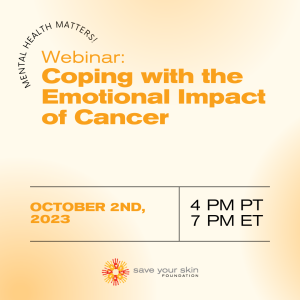 Empowerment Through Connection: Join us during Mental Health Week for a special webinar tailored to individuals actively managing their cancer diagnosis, caregivers providing unwavering support, survivors navigating the aftermath, and anyone touched by cancer.
Empowerment Through Connection: Join us during Mental Health Week for a special webinar tailored to individuals actively managing their cancer diagnosis, caregivers providing unwavering support, survivors navigating the aftermath, and anyone touched by cancer.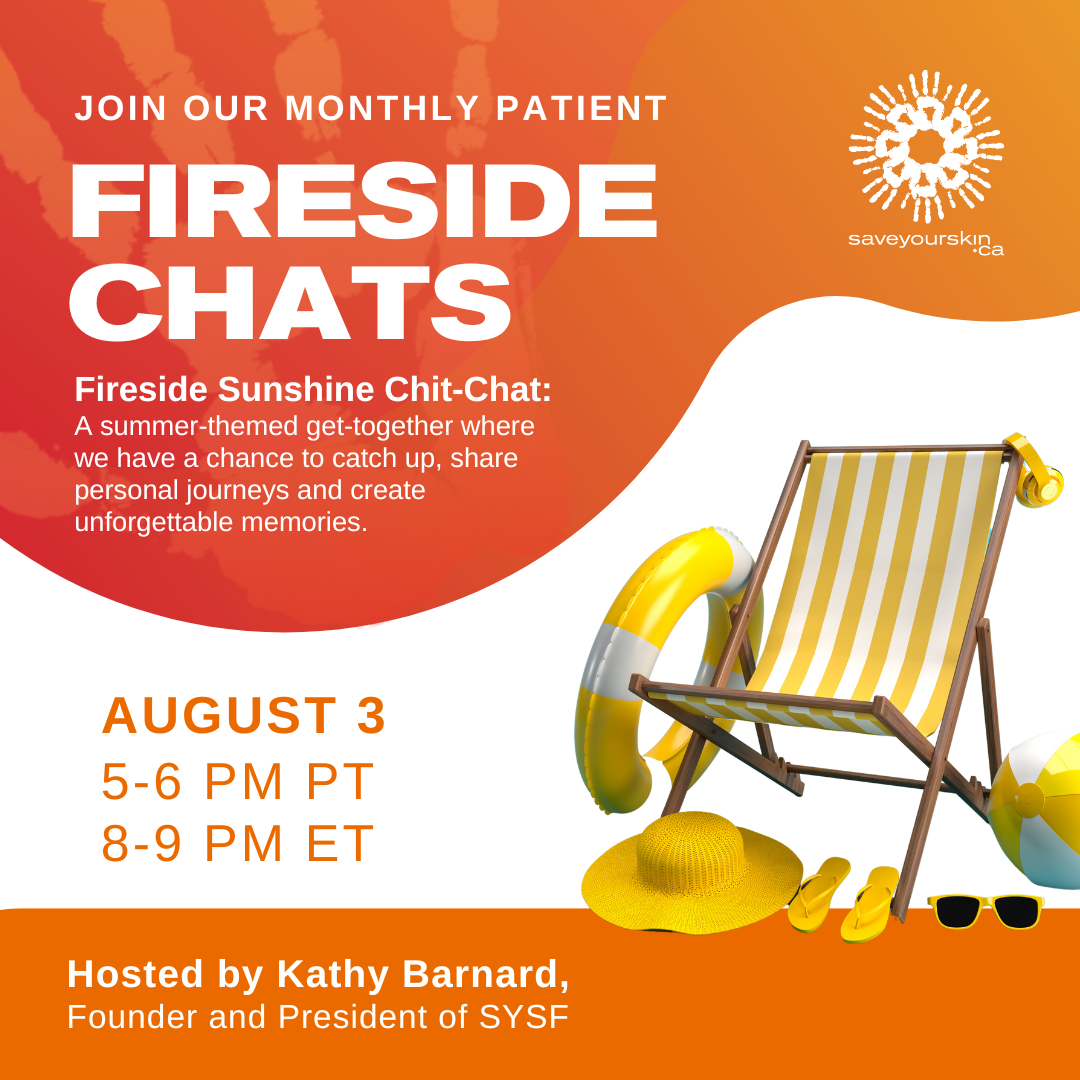 AUGUST TOPIC
AUGUST TOPIC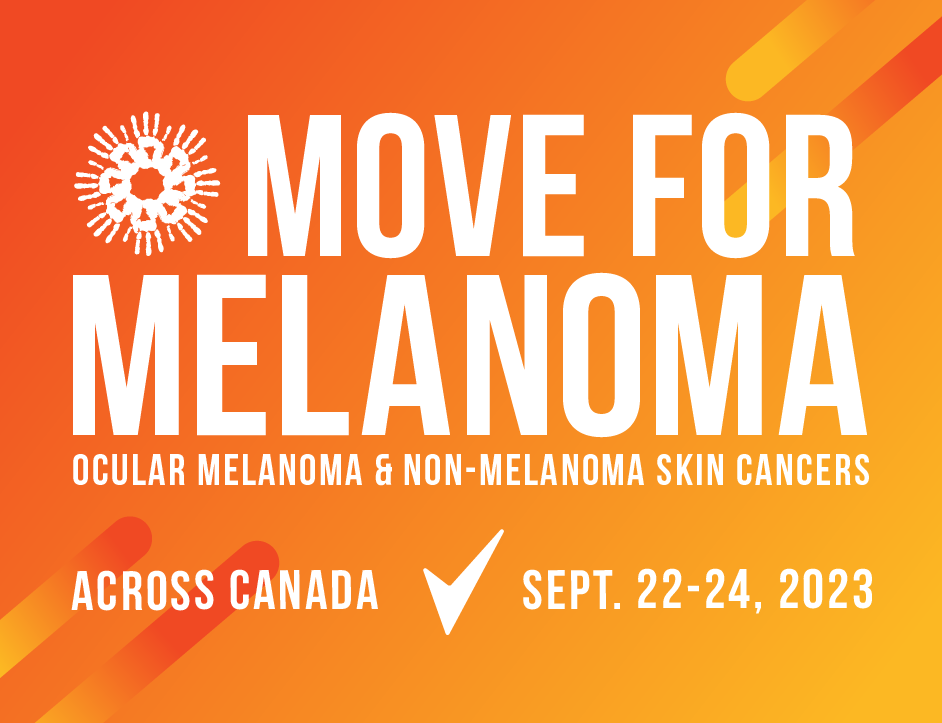 Move for Melanoma is an activity challenge that takes place across Canada. The goal of the event is to bring awareness to melanoma, non-melanoma skin cancer and ocular melanoma, while raising funds to support patients affected with these diseases when they need it most.
Move for Melanoma is an activity challenge that takes place across Canada. The goal of the event is to bring awareness to melanoma, non-melanoma skin cancer and ocular melanoma, while raising funds to support patients affected with these diseases when they need it most.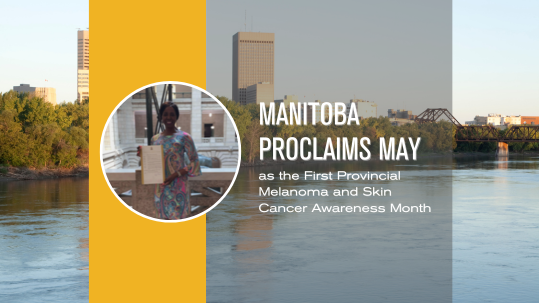

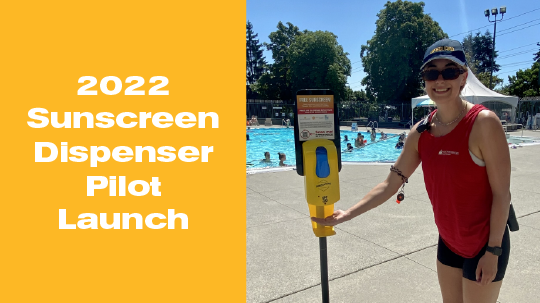
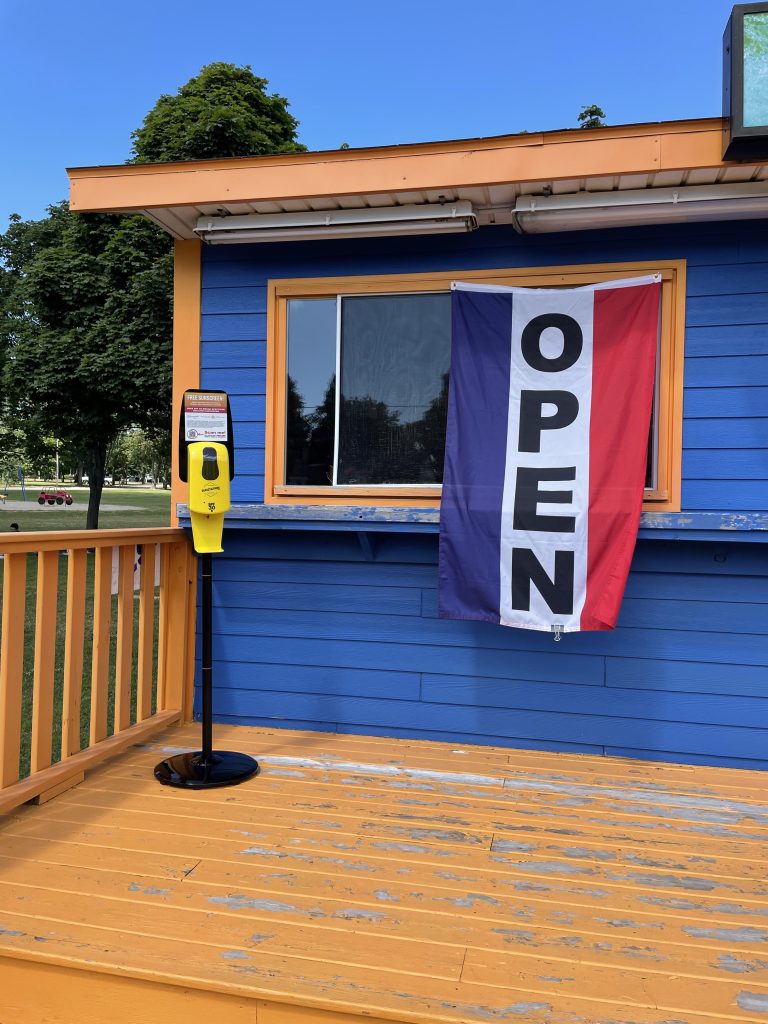
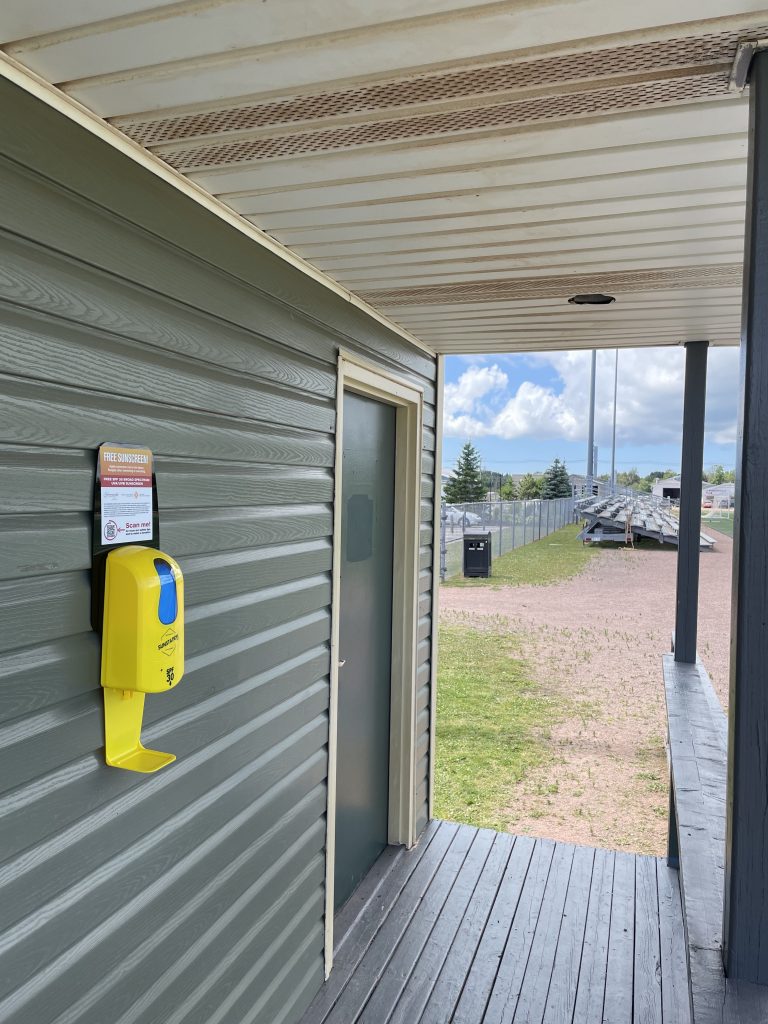
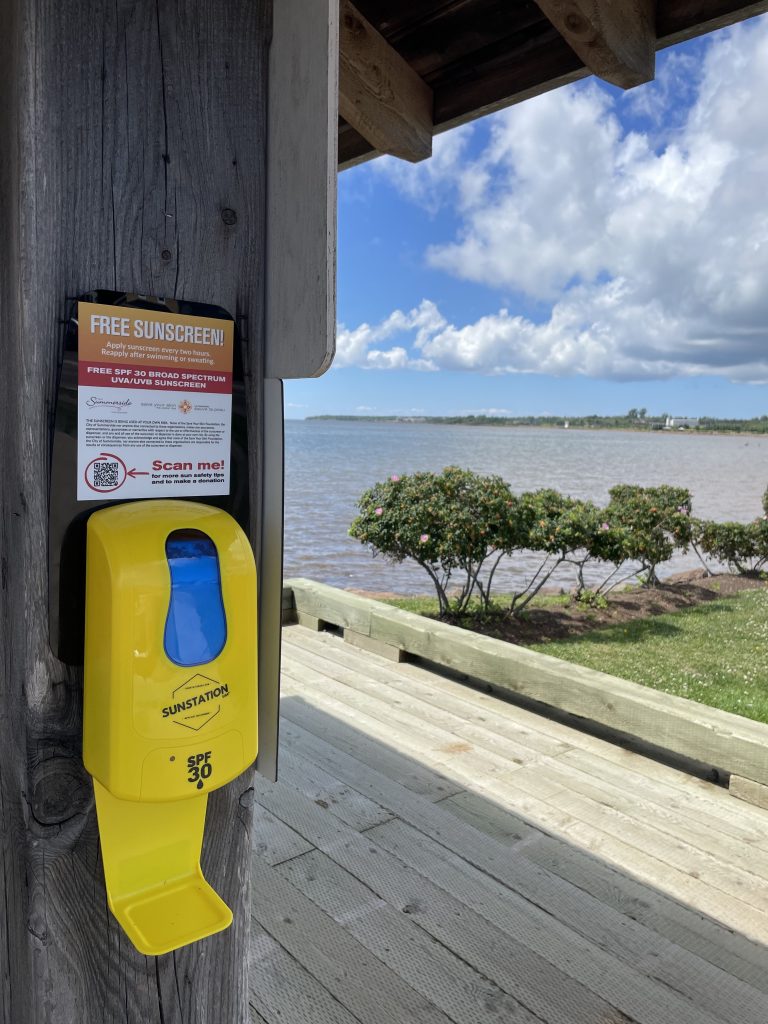
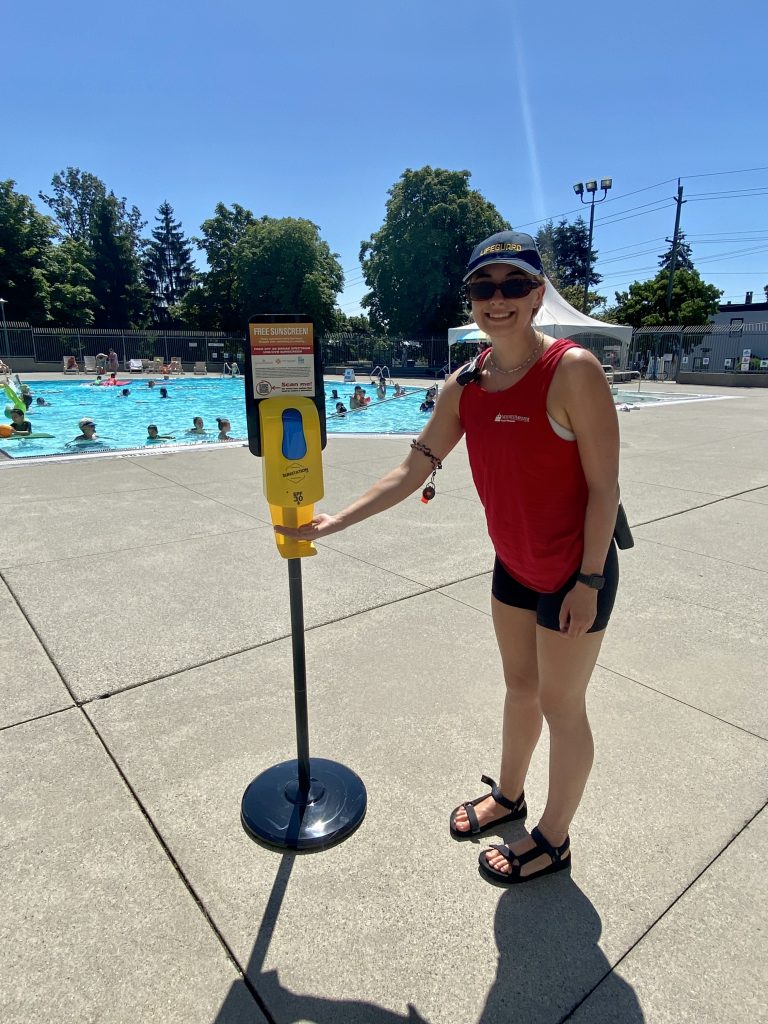
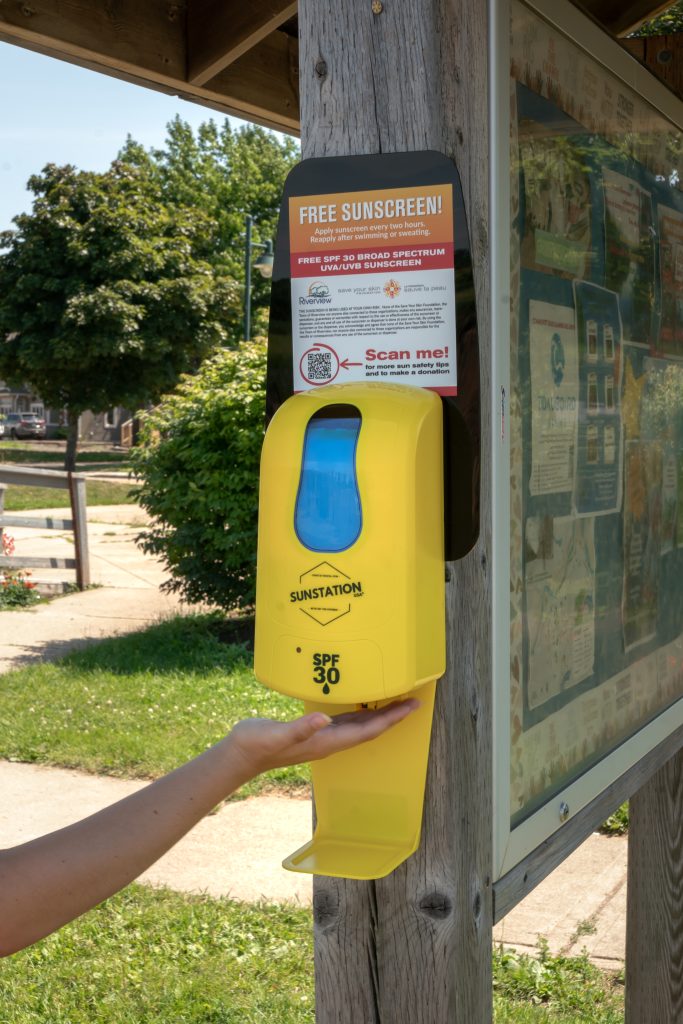
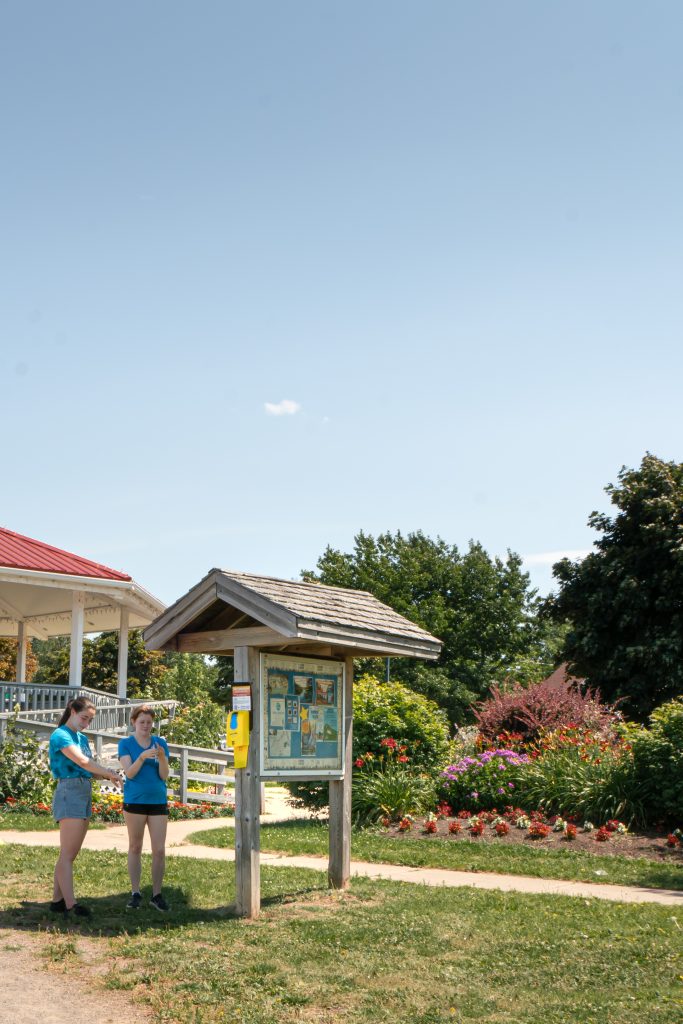
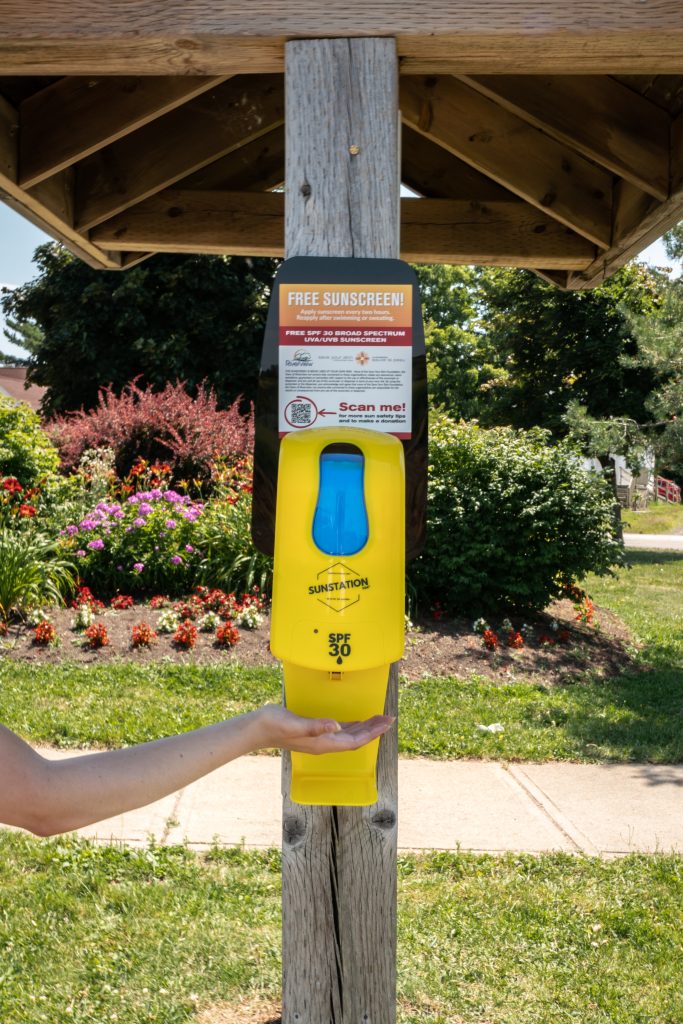
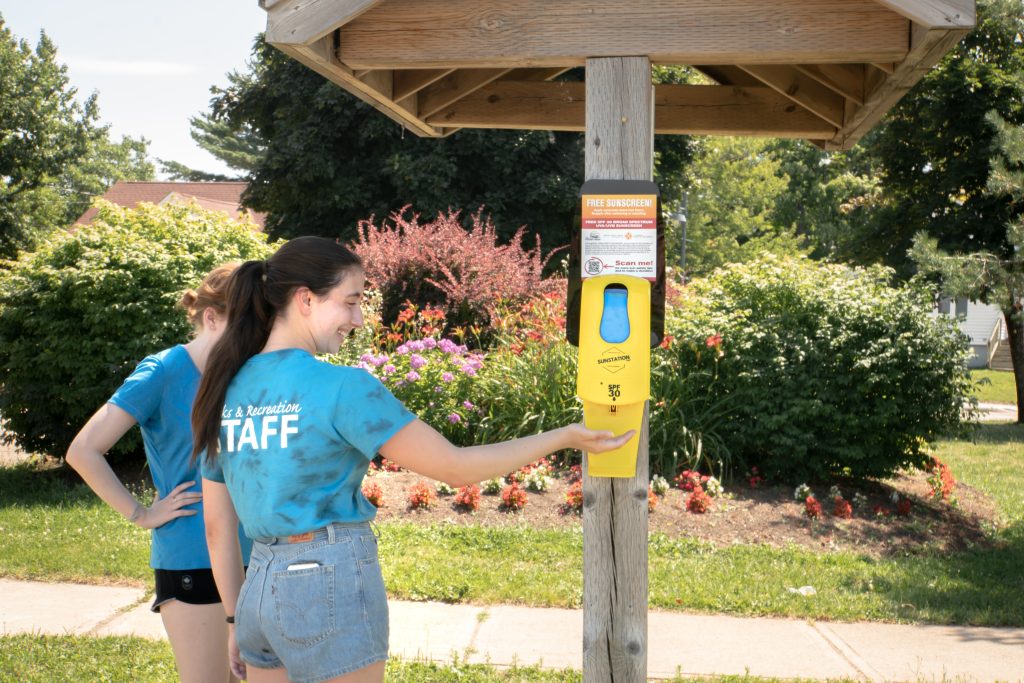


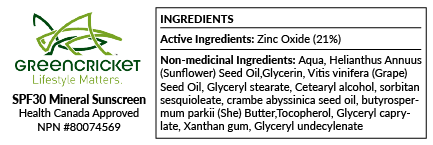
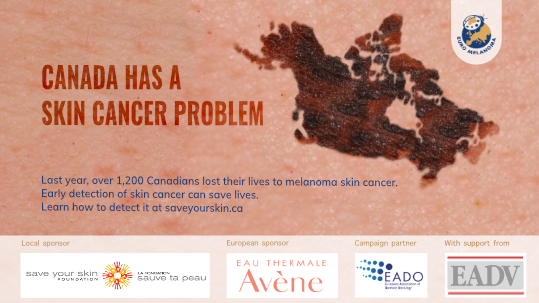
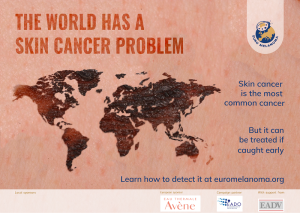
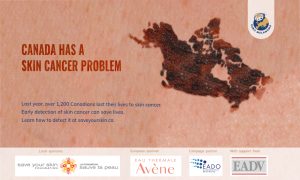

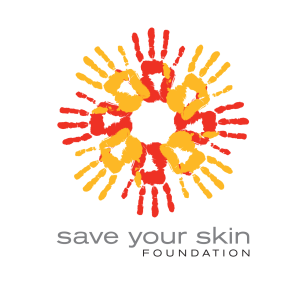
Dr. Joël Claveau is a dermatologist, specialized in the diagnosis and treatment of Melanoma and Skin Cancers, and an Associate Professor with the Department of Medicine at Laval University where he completed his Medical Study and Internal Medicine training. He did his residency in Dermatology at McGill University and subsequently worked at the Melanoma Clinic at the Royal Victoria Hospital in Montreal, Quebec. He is a diplomat of the American Board of Dermatology and is a member of a number of Medical Societies including the American Academy of Dermatology and the International Dermoscopy Society.
He has received awards including Honorary Member of La Société Française de Dermatologie, the Dermatologist’s Volunteer Award of the Canadian Dermatology Association (CDA) for his work on the prevention of skin cancers and the CDA Symposium of the year on two occasions (Dermoscopy). Since 1996, he has been the Director of the Melanoma and Skin Cancer Clinic at Le Centre Hospitalier Universitaire, Hôtel-Dieu de Québec, and worked in Public Health for the province of Québec, especially on the new Tanning Bed Legislation. He participated to the publication of papers in peer-reviewed journals including work on melanoma, skin cancers and sunscreens. He is actively involved in various Continuing Medical Education events and investigator in many clinical trials on advanced and metastatic melanoma.